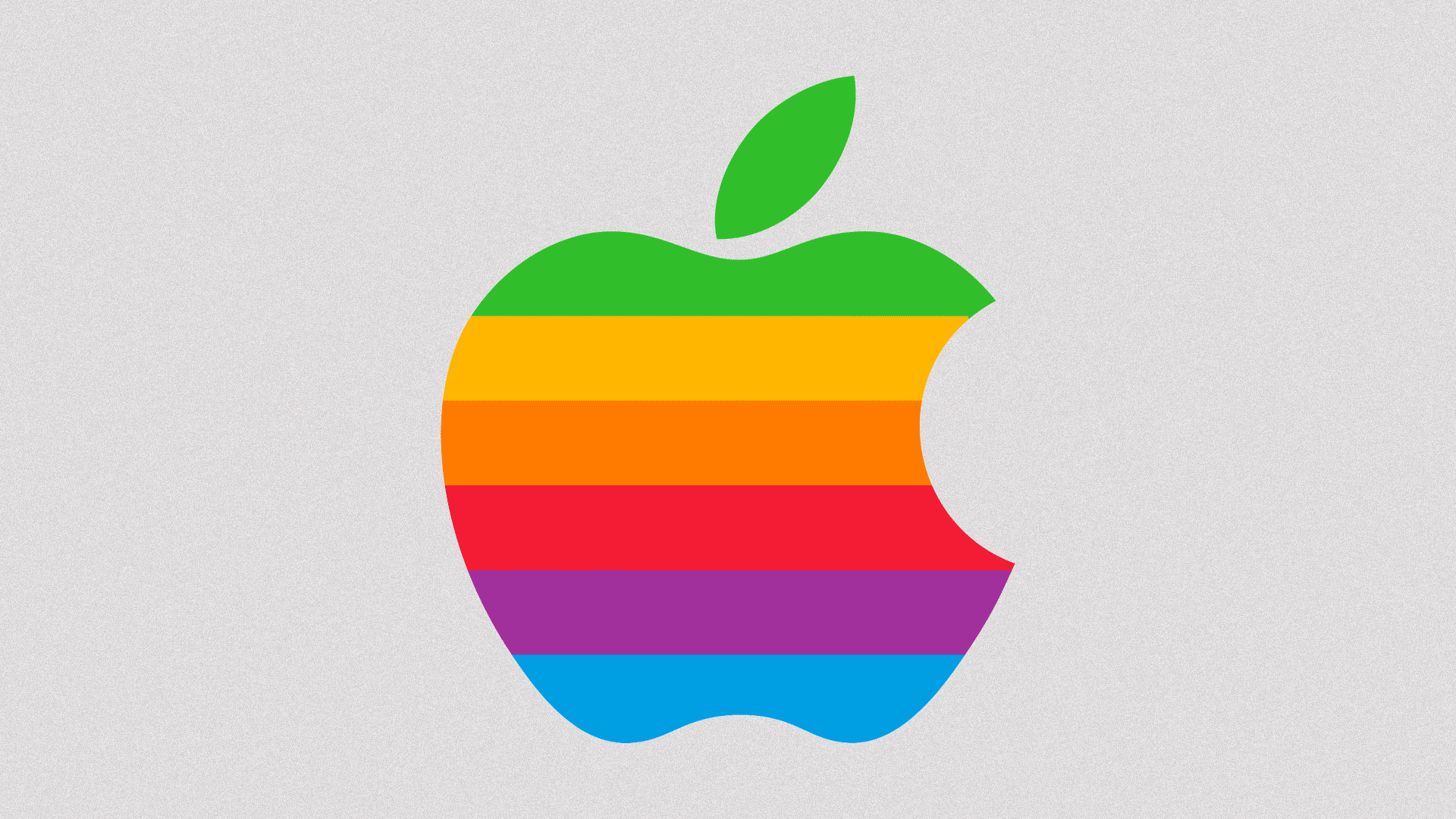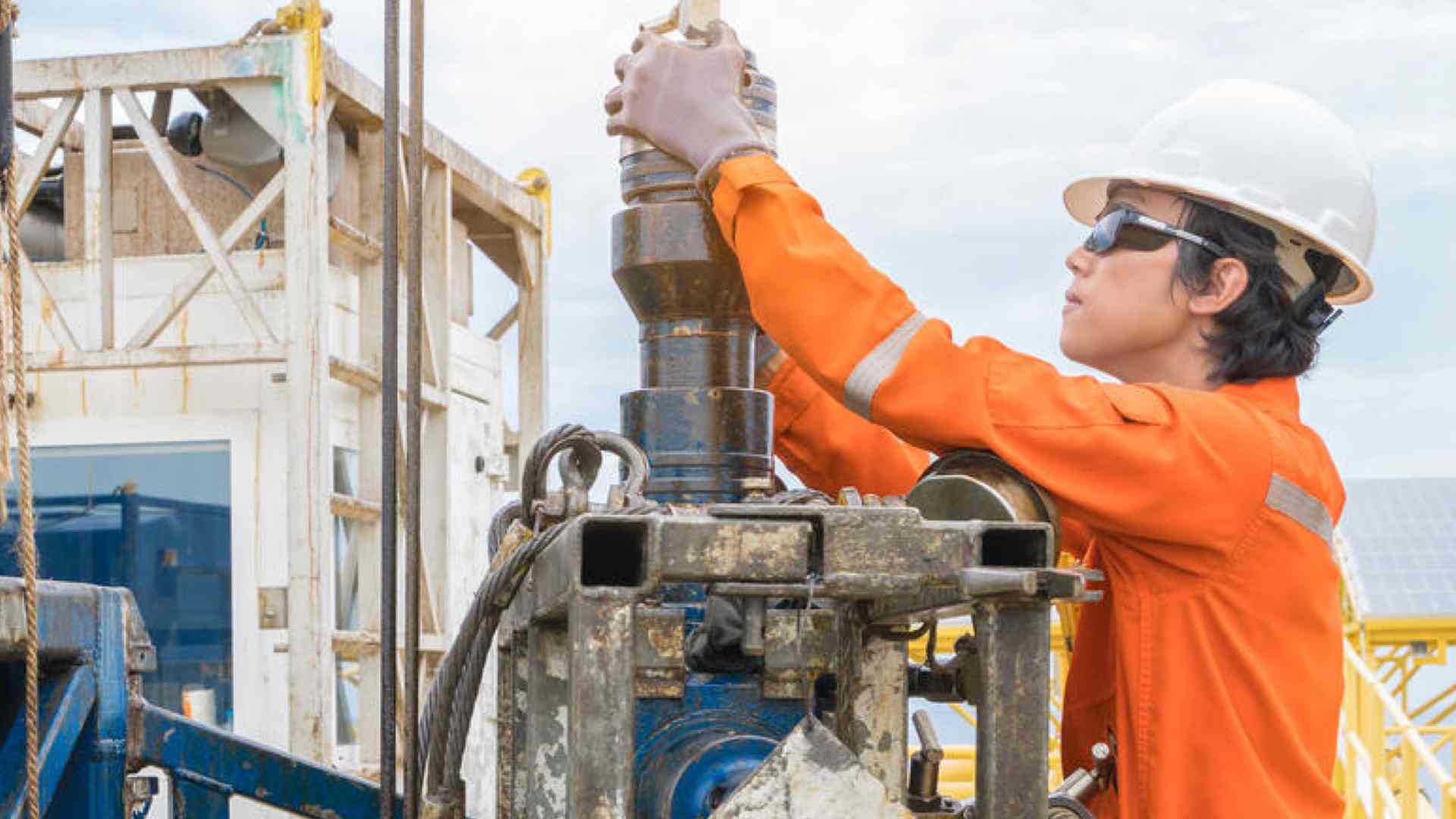| |
| |
| |
| Presented By Environmental Defense Fund |
| |
| Axios What's Next |
| By Alex Fitzpatrick, Joann Muller and Jennifer A. Kingson · Dec 02, 2022 |
| A new project aims to help prospective homebuyers understand how their new pad might affect their health, Alex reports today. Today's newsletter is 1,077 words ... 4 minutes. |
| |
| |
| 1 big thing: Healthier homes |
 |
|
| Illustration: Eniola Odetunde/Axios |
| |
| How healthy is that new home you're eyeing? The International WELL Building Institute (IWBI) is developing a new rating system to help answer that question, Alex Fitzpatrick reports. Why it matters: Air and water quality, light levels, building materials and similar factors can have a big impact on home occupants' health. - Plus, we spend a lot of our time at our houses and apartments — some of us more so than ever, thanks to remote and hybrid work — making it critical for our homes to be healthy spaces.
What's happening: IWBI — the organization behind the WELL Building Standard, a widely used health certification system for office buildings and more — is branching out into single-family housing, its president and CEO Rachel Hodgdon tells Axios. - "We're developing standards ... from the perspective of what actually matters, what actually generates real outcomes when it comes to human health."
For example: "In a home, so much of it is going to have to do with air quality, and so that's a major area of focus," Hodgdon said. - "Another one, which ties to equity, is acoustics and sound. Oftentimes, low-income housing and middle-income housing have massive instances of noise intrusion and very poor construction."
- "And it turns out acoustics are linked to everything from impacting sleep to a higher incidence of heart disease."
How it works: Once the new scale is up and running, homebuilders can apply to have their projects rated, and then use their score as a marketing point to attract buyers. Where it stands: IWBI is working with a handful of developers to figure out how best to craft the scoring system in a way that would spur adoption. What they're saying: A home health rating would be an "immediate step up for people to have comfort — there will be a third-party certification that things were done right," said Paul Barnes of homebuilding firm Shea Homes. - Homebuyers, Barnes said, are increasingly interested in health-oriented features, in part because of their COVID-19 experience.
- "I literally this morning had someone asking me about [air filtration] because they're asthmatic," he said. "Certainly people are more conscious about it."
The bottom line: "Our goal is not just to sell a bunch of certifications," Hodgdon says. - "Our goal is ... can we look back 15 years from now and say the average home is built differently because of the work that we did on this system, regardless of whether they have a WELL score or not."
Share this story. |
    |
| |
| |
| 2. Elon reignites Apple debate |
 |
|
| Illustration: Sarah Grillo/Axios |
| |
| Republican lawmakers and some tech CEOs are rallying behind Elon Musk's Apple attacks, Axios' Ashley Gold and Sara Fischer write. Why it matters: By wading into the Apple debate, Musk has reignited concerns over whether Apple's App Store policies — which include a 30% commission on most charges for apps or services within apps — put competitors at a disadvantage. What's happening: In the wake of Musk's recent claim that Apple threatened "to withhold Twitter from its App Store," several Republicans have attacked the tech giant over its policies. - "This is why we need to end the App Store duopoly before the end of this year. No one should have this kind of market power," Rep. Ken Buck (R-Colo.) tweeted.
Industry players are also weighing in. - "As Apple continues to inflict harm, the momentum is real," wrote Spotify CEO Daniel Ek.
- "I do think it's problematic that one company controls what happens on the device," Meta CEO Mark Zuckerberg said at a conference this week.
The other side: Apple argues that its 30% cut of app sales and in-app purchases helps fund its efforts to keep the iPhone customer experience safe. Read the rest. |
    |
| |
| |
| 3. Musk demos "telepathic typing" |
 |
|
| Neuralink co-founder Elon Musk during an August event in Boca Chica, Texas. Photo: Jordan Vonderhaar/Bloomberg via Getty Images |
| |
| Speaking of Musk: The tech mogul — who's also co-founder of brain-implant startup Neuralink — demonstrated the latest in that company's tech on Wednesday, Axios' Rebecca Falconer reports. Driving the news: Musk showed off a video of a monkey with a brain implant conducting an exercise he described as "telepathic typing." - "To be clear, he's not actually using a keyboard," Musk said. "He's moving the cursor with his mind to the highlighted key."
- "Now technically, he can't actually spell. So I don't want to oversell this thing, because that's the next version."
Catch up quick: Neuralink aims to use brain-computer interfaces in part to help people with paralysis "regain independence through the control of computers and mobile devices." What's next: "We want to be extremely careful and certain that it will work well before putting a device into a human. But we've submitted, I think, most of our paperwork to the FDA, and we think probably in about six months we should be able to have our first Neuralink in a human," Musk said. Yes, but: Experts are skeptical about the underlying tech, and Neuralink requires regulators' approval before starting human trials. Read the rest. |
    |
| |
| |
| A message from Environmental Defense Fund |
| A climate victory for all |
| |
 |
| |
| The biggest climate law in U.S. history passed, but there's more work to be done. Next steps: Discover what the new law will mean for everyone and see how EDF will ensure these climate investments deliver results. Learn more about the impact. |
| |
| |
| 4. Seattle passes on gunfire detection tech |
 |
|
| Rebeccca Zisser/Axios |
| |
| Seattle officials have decided against spending $1 million on a controversial gunfire detection system after critics questioned the tech's efficacy, Axios' Melissa Santos reports. Driving the news: Seattle City Councilmember Teresa Mosqueda told Axios that investing in the system, called ShotSpotter, wasn't a priority, partly because of issues other cities have identified with the technology. How it works: ShotSpotter, which says it has a presence in over 135 U.S. cities, works via acoustic sensors on buildings and lampposts that record the sound of gunshots and triangulate their location. Yes, but: A recent Associated Press investigation found ShotSpotter can misclassify sounds such as fireworks and cars backfiring as gunfire, but the company says its system has a 97% accuracy rate. What they're saying: Mosqueda referenced a report by the Chicago Office of Inspector General that found that police responding to ShotSpotter alerts rarely recovered evidence of gun-related crime. - That report also found that some officers cited the frequency of ShotSpotter alerts in certain neighborhoods as an added reason to stop people or pat them down.
Read the rest. |
    |
| |
| |
| 5. One fun thing: NFL defenses strike back |
 Data: Pro Football Reference; Chart: Axios Visuals Two-thirds of the way through the NFL season, teams are averaging just 21.9 points per game — the lowest mark since 2017 and second-lowest since 2009, Axios' Jeff Tracy reports. By the numbers: Football scoring reached an all-time high of 24.8 points per game two years ago at the peak of the modern passing revolution. Now, defenses are adjusting and standing their ground. - Secondaries are clamping down on deep coverage to combat big plays that can score points in a hurry.
- Red zone scoring percentage is at its lowest point since 2017.
Read the rest. |
    |
| |
| |
| A message from Environmental Defense Fund |
| What's ahead for the climate |
| |
 |
| |
| The biggest climate law in U.S. history passed. The Inflation Reduction Act of 2022 includes $369 billion in funding to fight climate change — but there's more work to be done. Looking ahead: See how we're helping ensure these climate investments deliver results for everyone. Learn more. |
| |
| Big thanks to What's Next copy editor Amy Stern. Was this email forwarded to you? Get your daily dose of What's Next by signing up here for our free newsletter. |
 | | Are you a fan of this email format? Your essential communications — to staff, clients and other stakeholders — can have the same style. Axios HQ, a powerful platform, will help you do it. | | |









No comments:
Post a Comment